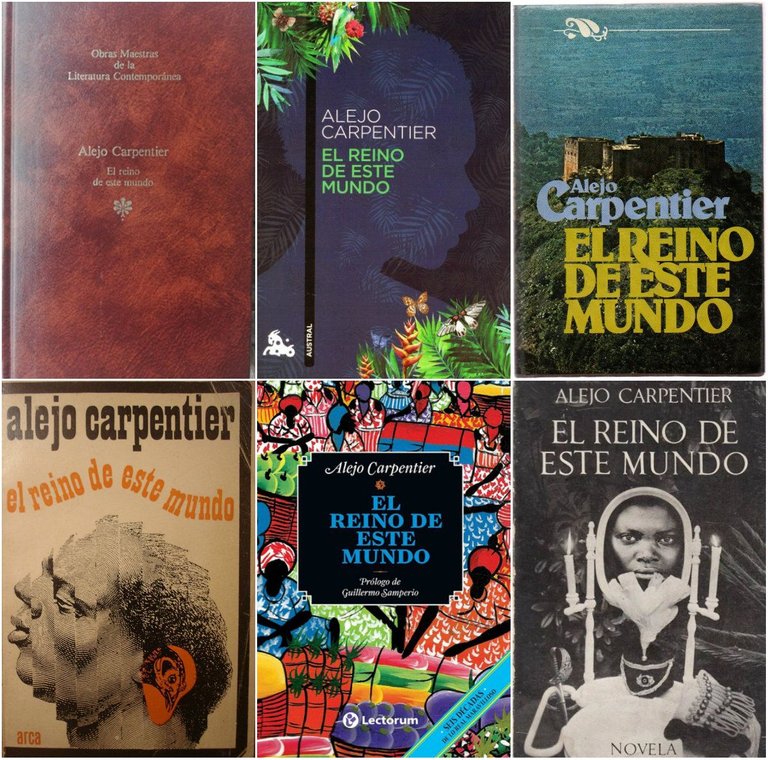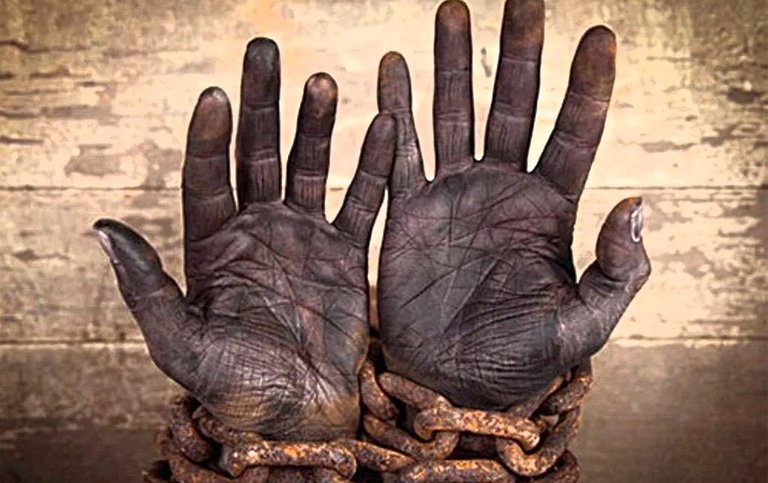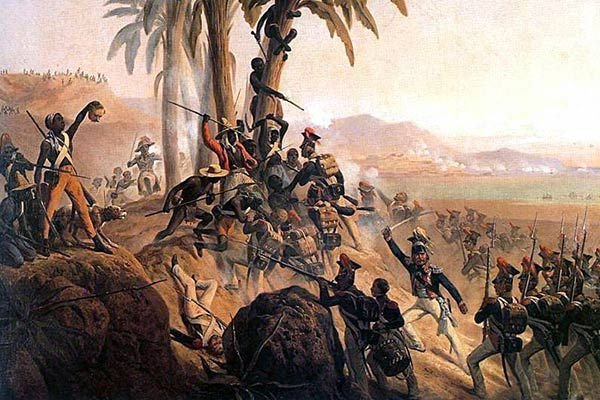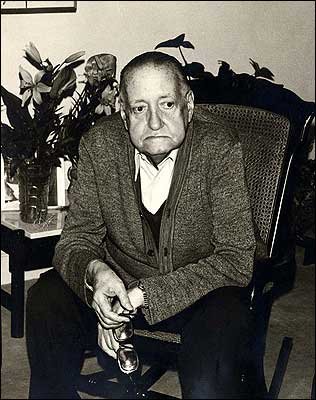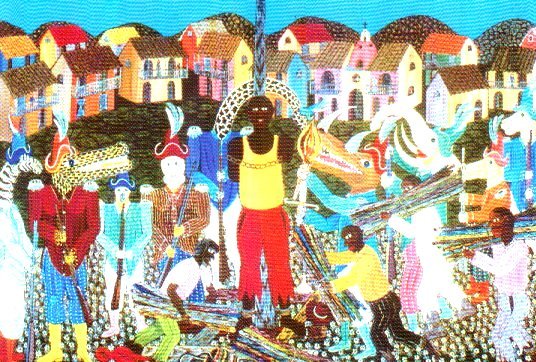Maravillado durante su visita a Haití, Alejo Carpentier vio la necesidad de plasmar en su novela lo real y maravilloso del continente americano en uno de los episodios más grandes de su inmensa historia: La Revolución de 1804.
Amazed during his visit to Haiti, Alejo Carpentier saw the need to capture in his novel the real and wonderful of the American continent in one of the greatest episodes of its immense history: The Revolution of 1804.
La trama gira en torno a Ti Noel, quien encarna a un negro esclavo usurpado de su territorio para venir forzosamente a trabajar en la colonia francesa y que participa como testigo y como actor en las luchas por la libertad y contra la esclavitud en la región haitiana.
The plot revolves around Ti Noel, who plays a black slave usurped from his territory to come to work forcibly in the French colony and who participates as a witness and actor in the struggles for freedom and against slavery in the Haitian region.
La obra se divide en cuatro partes bastante independientes una de la otra. La primera se desarrolla en la década de 1750 con la campaña de envenenamiento que dirige el mandinga Mackandal contra los latifundistas de Saint Domingue, la segunda se dirige a la revolución Francesa y narra las rebeliones de esclavos en 1791, comandadas por Boukman, el exilio de la plantoclacia hacia Cuba, la estadía de Paulina Bonaparte en Haití y el fallido intento imperial por reforzar el régimen colonial en 1802. La tercera se desarrolla en 1820 con la caída de Christophe, prototipo de moderno dictador, y culmina con la cuarta parte ya para la segunda mitad de la década de 1820, tras el exilio de la familia de Christophe a Roma y narra el ascenso de los mulatos en Haití, los nuevos gobernantes y la opresión de los negros. Es aquí donde se produce la gran reflexión sobre el sentido de la vida del hombre por parte de Ti Noel.
The work is divided into four parts that are quite independent from each other. The first takes place in the 1750s with the poisoning campaign directed by the Mandingo Mackandal against the large landowners of Saint Domingue, the second addresses the French Revolution and narrates the slave rebellions in 1791, commanded by Boukman, the exile of the plantoclacia towards Cuba, the stay of Paulina Bonaparte in Haiti and the failed imperial attempt to reinforce the colonial regime in 1802. The third takes place in 1820 with the fall of Christophe, the prototype of the modern dictator, and culminates with the fourth part already for the second half of the 1820s, after the exile of the Christophe family to Rome and recounts the rise of the mulattoes in Haiti, the new rulers and the oppression of blacks. This is where the great reflection on the meaning of man's life by Ti Noel takes place.
En cada una de las líneas, cuidadosamente escritas en un lenguaje barroco, su autor nos comparte el sentir y el pensar de aquella población esclava donde no puede faltar lo religioso, lo mágico y lo imaginario, su ideario de lucha y deseo de libertad. Una reflexión sobre el sentido de la historia, el problema político de la libertad colectiva y el problema ético de la libertad individual.
In each of the lines, carefully written in a baroque language, its author shares with us the feelings and thoughts of that slave population where the religious, the magical and the imaginary cannot be lacking, their ideology of struggle and desire for freedom. A reflection on the meaning of history, the political problem of collective freedom and the ethical problem of individual freedom.
«El hombre nunca sabe para quién padece y espera. Padece y espera y trabaja para gentes que nunca conocerá, y que a su vez padecerán y esperarán y trabajarán para otros que tampoco serán felices, pues el hombre siempre ansía una felicidad situada más allá de la porción que le es otorgada. Pero la grandeza del hombre está precisamente en querer mejorar lo que es. En imponerse tareas. En el Reino de los Cielos no hay grandeza que conquistar, puesto que allá todo es jerarquía establecida, incógnita despejada, existir sin término, imposibilidad de sacrifico, reposo y deleite. Por ello, agobiado de penas y tareas, hermoso dentro de su miseria, capaz de amar en medio de las plagas, el hombre solo puede hallar su grandeza, su máxima medida, en el Reino de este Mundo.»
-Alejo Carpentier-
«Man never knows for whom he suffers and waits. He suffers and waits and works for people he will never know, and who in turn will suffer and wait and work for others who will not be happy either, since man always yearns for a happiness that is beyond the portion that is bestowed upon him. But the greatness of man is precisely in wanting to improve what he is. In imposing tasks. In the Kingdom of Heaven there is no greatness to conquer, since there everything is established hierarchy, clear unknown, existing without end, impossibility of sacrifice, rest and delight. For this reason, burdened with pains and tasks, beautiful in his misery, capable of loving in the midst of plagues, man can only find his greatness, his highest measure, in the Kingdom of this World.»
Espero y les haya gustado, déjenme saber en los comentarios su opinión.
